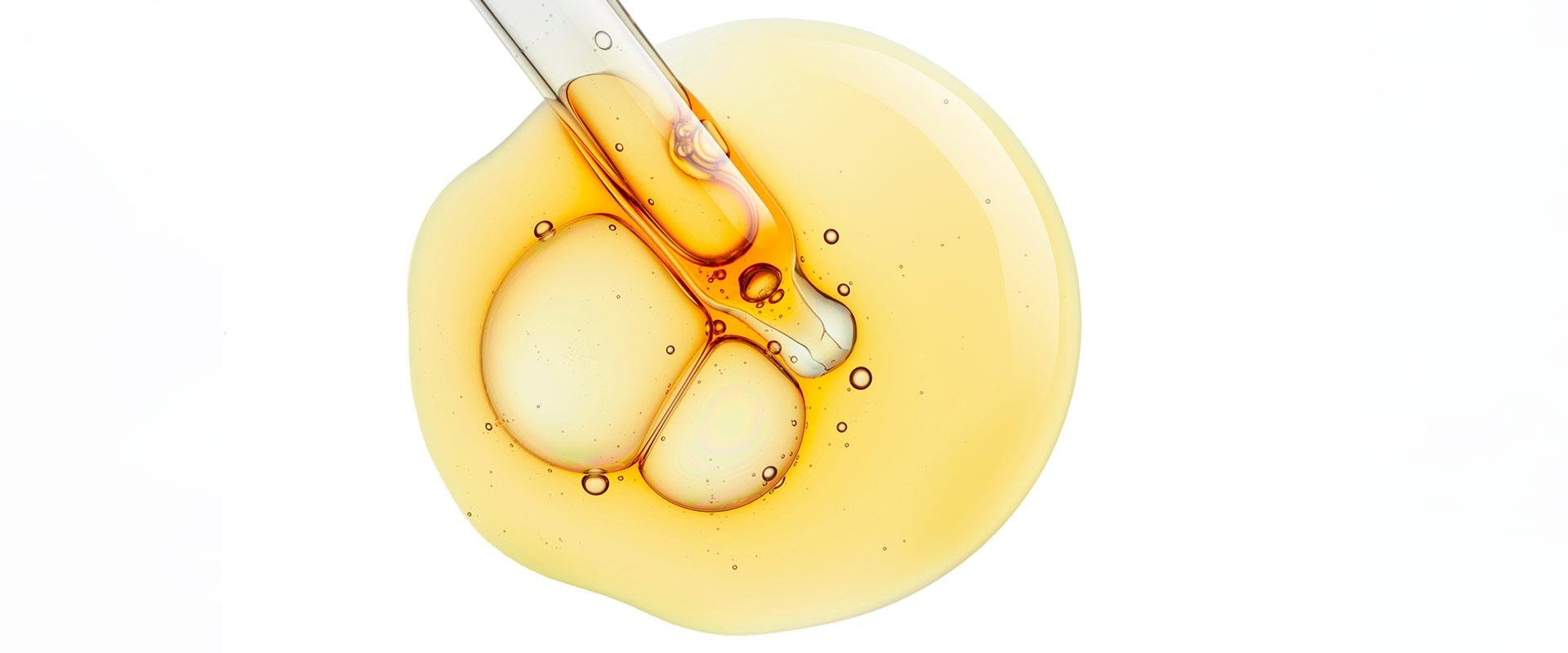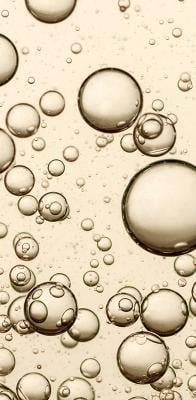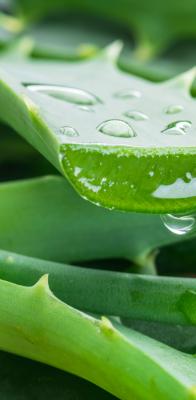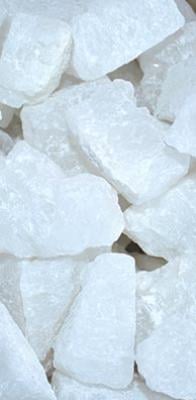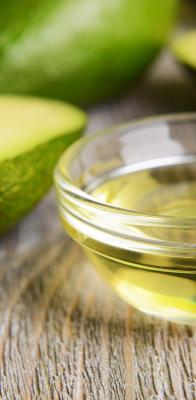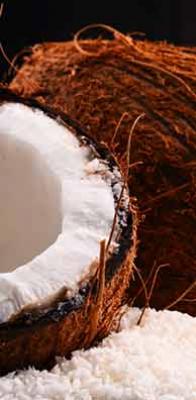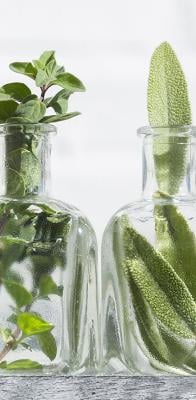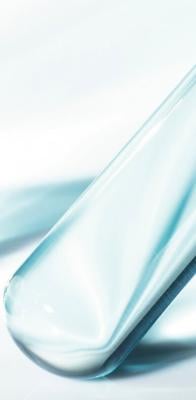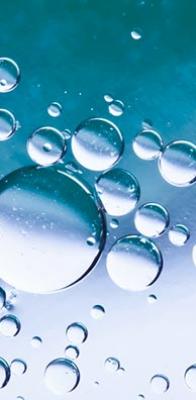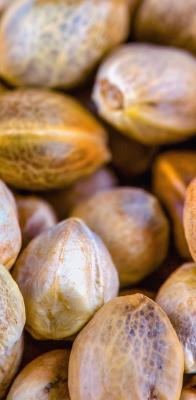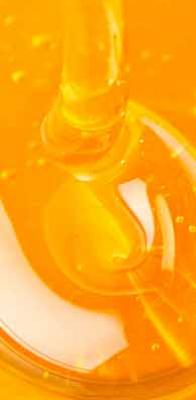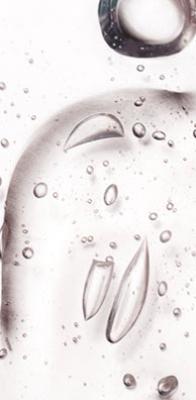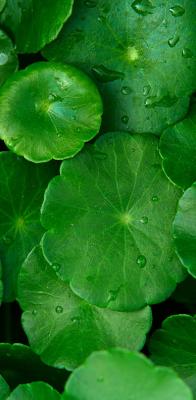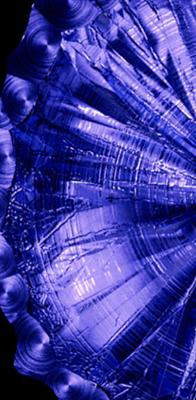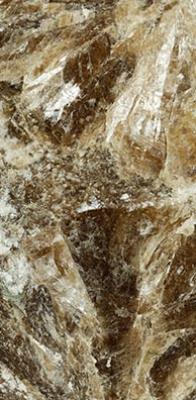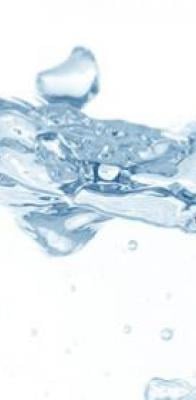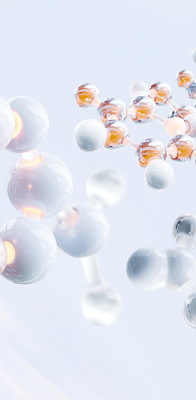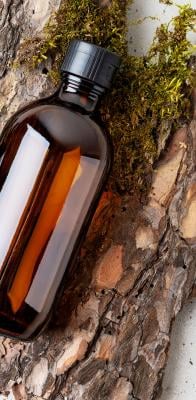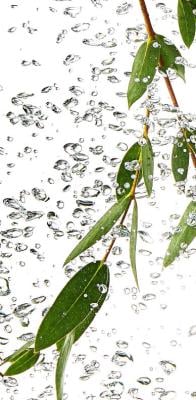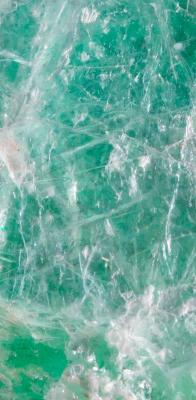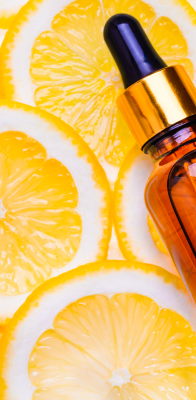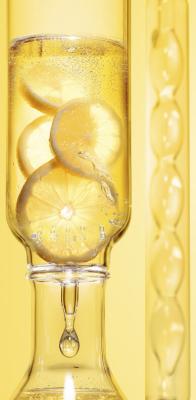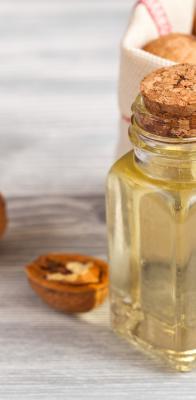What are retinol and its derivatives?
Retinol is one of the three forms of vitamin A, along with retinal and retinoic acid. These three ingredients are part of the retinoid family.
Vitamin A was first isolated from the retina, hence its name. Vitamin A is a fat-soluble vitamin that is highly antioxidant. It plays a role in several body functions: it promotes good vision (mainly at night), the growth of bones and teeth, keeps the skin healthy and protects against infections.
Retinol and its derivatives - retinyl palmitate, retinyl acetate and retinyl linoleate - are naturally present in the skin.
To find them in our products, they appear in the list of ingredients on the packaging under the names RETINOL, RETINYL PALMITATE, RETINYL ACETATE and RETINYL LINOLEATE.
Where do retinol and its derivatives come from?
Retinol and its derivatives are of synthetic origin to ensure their constant quality and optimise their stability.
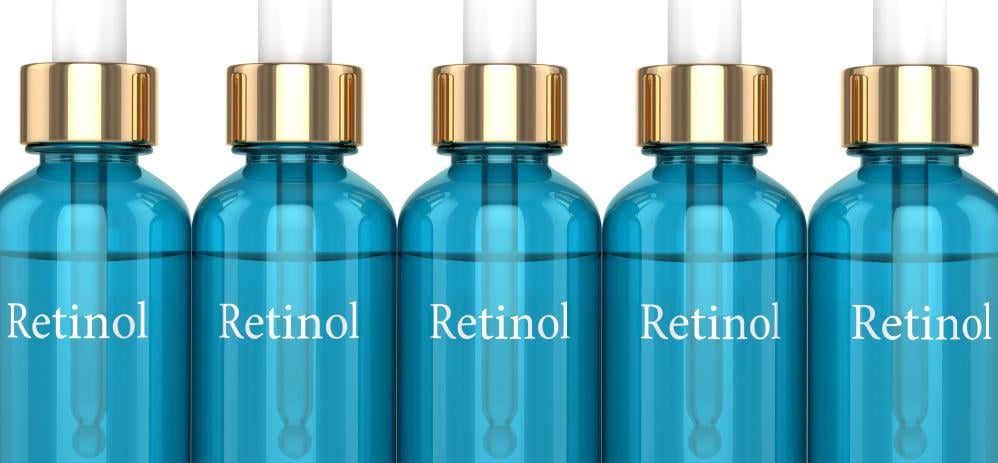
Why are they used?
Retinol, the reference molecule, is the most prescribed by dermatologists, because of its effectiveness on wrinkles and acne.
-
Complexion eveness and spots correction
-
Skin quality and softness improvement
-
Wrinkles reduction
Why is it questioned?
Retinol is an active ingredient that works on the renewal of skin cells. It can cause mild irritations or a burning sensation. Its action can also make the skin more sensitive to UV radiation and therefore to sun exposure.
The Facts:
- The Scientific Committee on Consumer Safety (SCCS) of the European Commission re-evaluated the use of vitamin A and its derivatives in October 2022. It reaffirmed that the use of retinol in cosmetics is safe for consumers at maximum concentrations of 0.05% in body lotions and 0.3% in rinse-off and leave-on products.
- We recommend following the usage precautions mentioned on the packaging, including a gradual introduction of the product. For example, using it every third day during the first week, then every other day during the second week, to allow the skin to adjust to the effects of retinol.
- We advise using retinol-based products in combination with a sunscreen and limiting sun exposure during periods of use.
How is it used in our products?
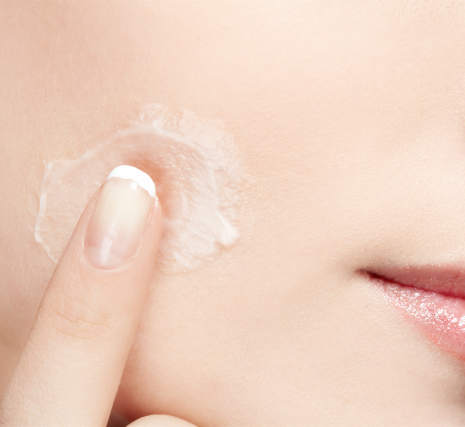
We use retinol and its derivatives in anti-aging skin care products. To adjust their concentration in these products, we take account of the recommendations of the European Commission's Scientific Committee on Consumer Safety (SCCS) and the US Cosmetic Ingredient Review (CIR), as well as the conditions of use.
Like for all our products, those containing retinol or its derivatives are systematically evaluated by our teams before they are marketed to ensure their safety in the conditions of use.
We recommend following the precautions for use mentioned on the packaging, including gradual use, for example every other day during the first week, then every two days in three during the second week, to give the skin time to become accustomed to the action of retinol. As its action makes the skin more sensitive to the sun, we recommend using retinol skincare products in combination with a product containing a sunscreen and limiting exposure to the sun during periods of use.

